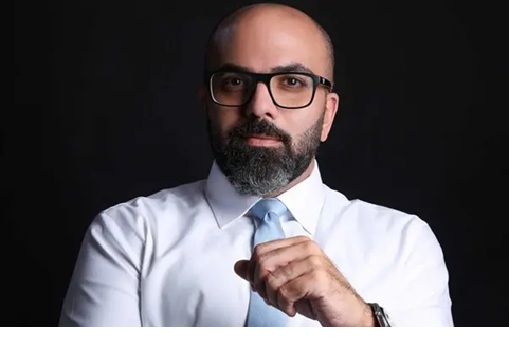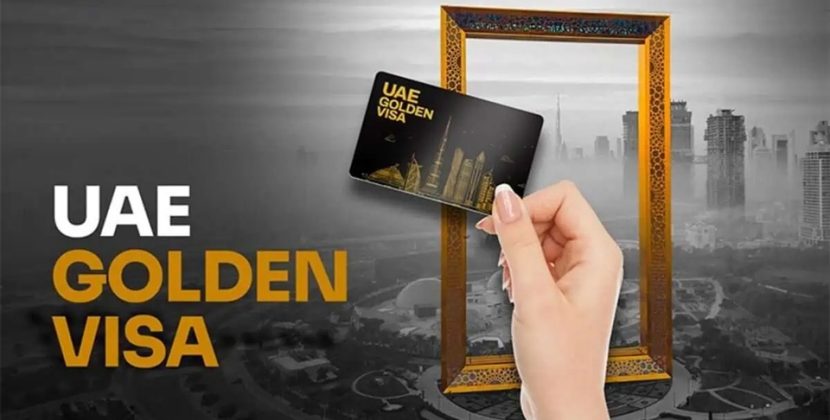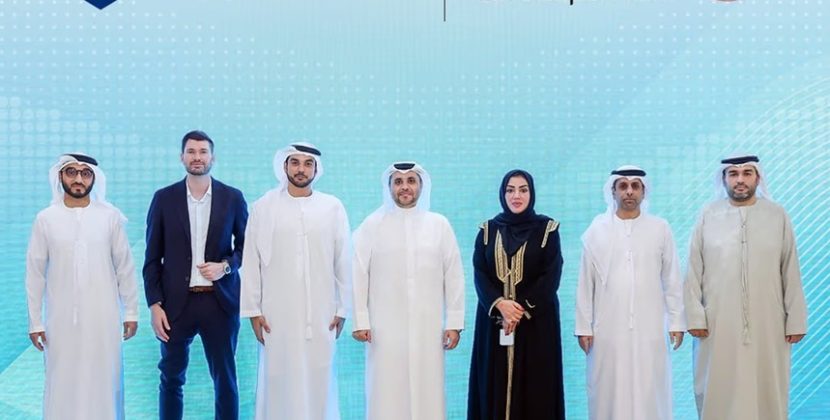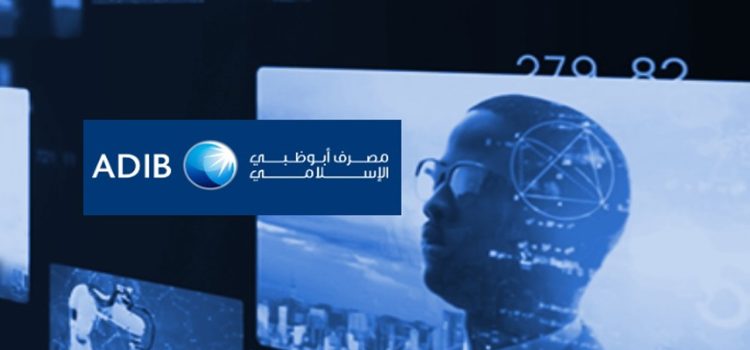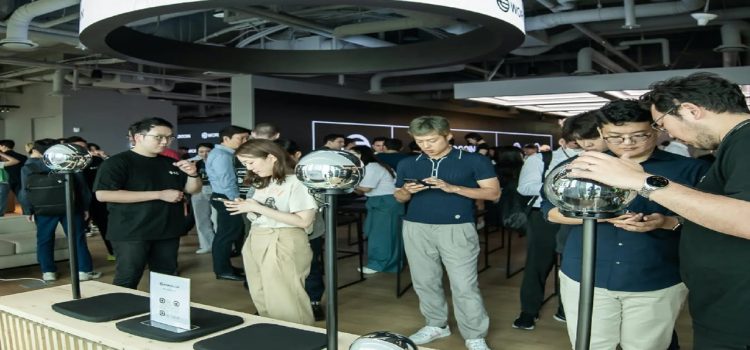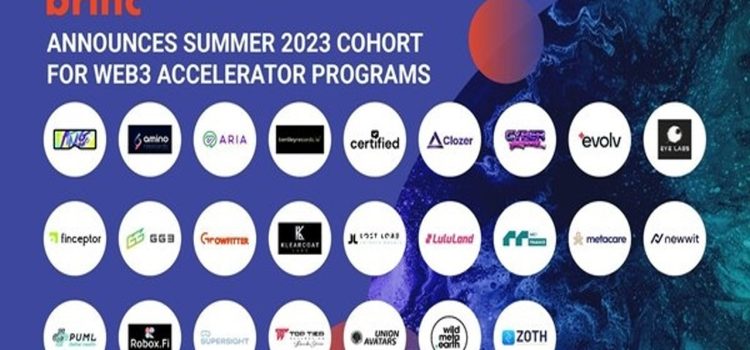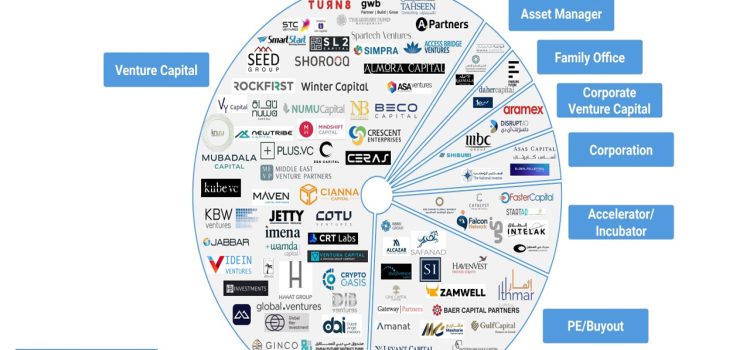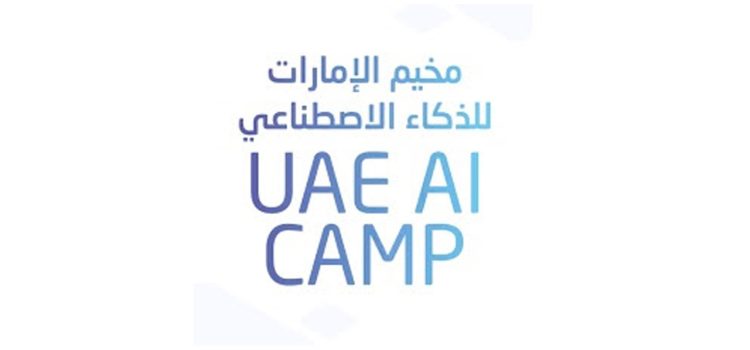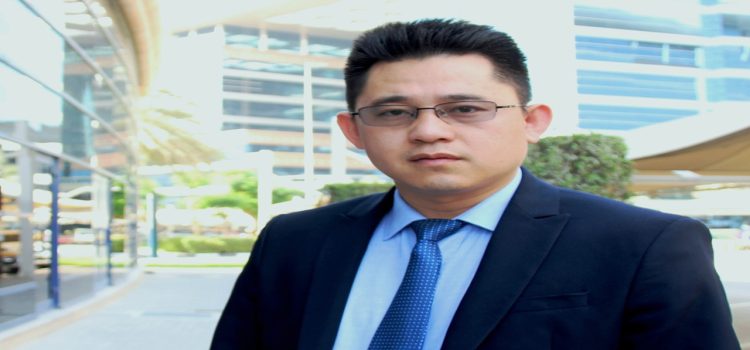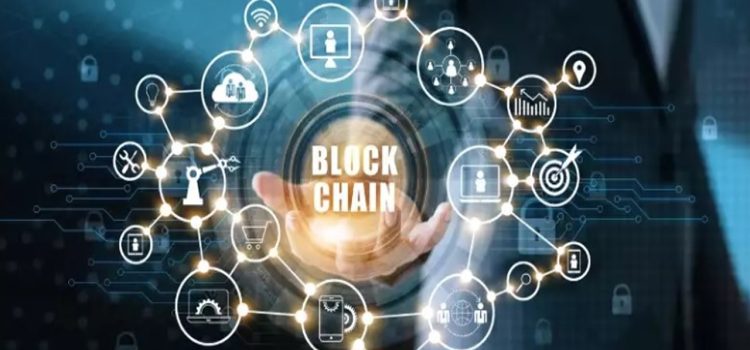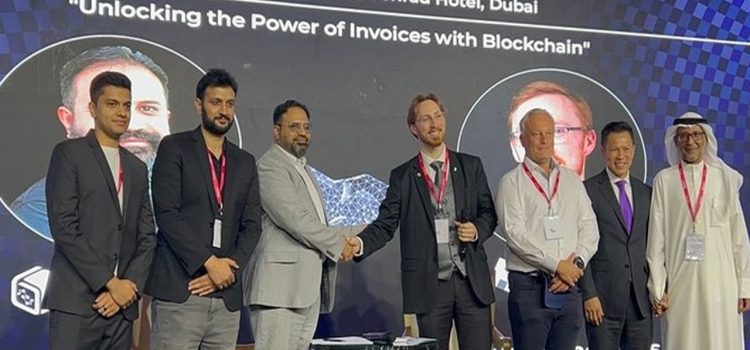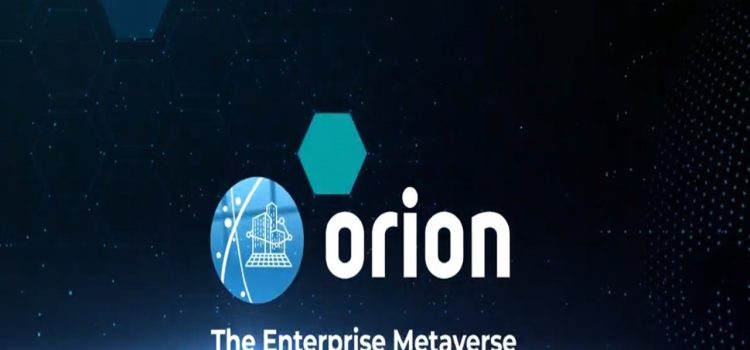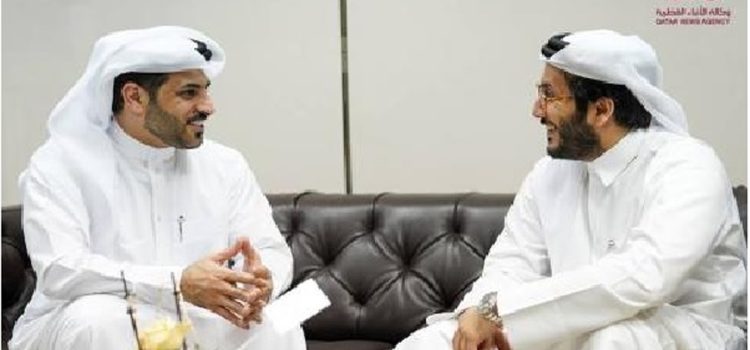USA based Meer Energy, Co-Founder Abdullah Han, was one of the speakers in June 2023’s 10th Arab China Business Conference, in Riyadh KSA, under the patronage of His Royal Highness Prince Mohammed bin Salman bin Abdulaziz Al Saud, Crown Prince and Prime Minister, where he met with positive feedback for his concept of developing a Blockchain AI Bitcoin and carbon credit mining datacenter in the country.
In an interview with LaraontheBlock, Han explains why he participated at the Arab China Business Conference and how his business model was received.
According to Han, Meer Energy a US based company for Bitcoin mining which utilizes flared gas to power its datacenters is working to expand its business model which includes Blockchain, AI datacenter as well as Carbon Credit tokenization to the Middle East, African and Asian region.
Han believes that the future of industrialization will be driven by blockchain and AI (Artificial Intelligence) and this requires energy and hashpower, more specifically sustainable hashpower that can support AI and Blockchain development of use cases. He states, “We are trying to use waste energy from oil and gas, flared energy and renewable energy to create cheap energy that powers AI and Blockchain, Bitcoin mining, and carbon credit tokens. We already have a joint venture with Asian investors to deliver datacenters in the USA.”
Meer Energy’s value proposition is to utilize the flare gas sites in the MENA region, such like those in Iraq, KSA and others to power big datacenters. As he explains, countries such as Iraq have a huge headache in dealing with their flared gas as they are unable to connect it to the electricity grid given their remote location, and the inability to connect pipelines to dry processed gas. So by combining energy from flared gas with AI and Blockchain a lot of projects become viable and economically attractive.”
For Han, Meer Energy will use 95% of the hashpower of its datacenters to mine Bitcoin, and use the remaining 5% to power high performance blockchain, and AI projects. He gives the example of carbon credits NFTs which will be mined directly from the datacenter. The datacenter will use smart contacts to monetize carbon credits into NFTs creating revenues of $1 million per month. He explains, “Each Megawatt produced by a datacenter can produce 5000 carbon credits, nearly 1 million dollars in revenue alone , I call it your mining.”
Another example that HAN gives for utilizing datacenters is in the mining of CBDCs. As Han explains, “While countries in developing nations start to issue CBDCs they will face two issues either using private blockchains such as for example Hyperledger or public blockchains such as Ethereum, they will face issues of not holding hashpower of these blockchains, not having a stake in them. By utilizing datacenters on the sovereign ground of a country, central banks can utilize flared gas to power their own CBDC.”
So Han believes that while governments may not want to discuss Bitcoin mining they are interested in discussing how integrated datacenters can support blockchain use cases in combination with AI while affording a sustainable climate program using carbon credits.
According to Han, he is approaching MENA governments and investors with a new concept. While in the USA, Bitcoin is connected to Wall Street, in developing countries the government is behind it.
As per Han today we are seeing a move towards de-dollarization in KSA, Russia, Iran, and UAE. He explains, “All governments will realize that strong money will drive weak money out of the system. In the 1970s crude oil and dollar were anchored together, but today we can have what I call gas Bitcoin or energy Bitcoin, which could replace the petro dollar. The new possible global monetary system could be Bitcoin, utilized as a new global reserve system and settlement system. Those leaders with a vision and forward looking approach understand this. They by mining Bitcoin can have a share of a global decentralized banking system. This is one way to understand Bitcoin from a geo-political perspective. So when I speak to MENA policy leaders I don’t invite them to mine Bitcoin, I invite them to subscribe in shares to a decentralized global bank.”
Han believes this could be tested in for example NEOM city which is powered by Blockchain and AI, because in the city of the future there is also need for the governance of the future and this includes circulation of money. This according to Han could be tested in a controlled environment to see what happens.
Meer Energy is seeking to raise $5-6 million at a valuation of $40-50 million. During Han’s trip to KSA there was very positive feedback not only from investors but policy makers. Han states, “The concept was well received.”
As for the future Han believes that his proposal allows Bitcoin mining datacenters to survive the halving of Bitcoin. He states, “By combining bitcoin mining with carbon credits regardless of what happens to the price of Bitcoin after halving whether it remains the same or goes up to $50,000 we will still be able to make revenues from carbon credits and will survive while other companies go bankrupt.”
He also believes that these datacenters can create smart contracts for Islamic economy whether related to Hajj, Sukuk and others.
According to the data provided by the Hashrate Index, bitcoin miners in the UAE should produce approximately 13 EH/s, which is equivalent to 3.7% of the total Bitcoin hash rate at an assumed average energy efficiency of 30 J/TH. This comes as the UAE becomes an attractive hub for crypto mining.
Marathon Digital Holdings confirmed earlier in 2023 that the company along with Abu Dhabi based Zero Two (Registered name FS Innovation), an emerging blockchain and digital assets infrastructure development company, will be launching the two digital asset mining sites with a combined capacity of 250 Megawatts in the sustainability hub of Abu Dhabi Masdar City and the port zone of Mina Zayed by the end of 2023.
